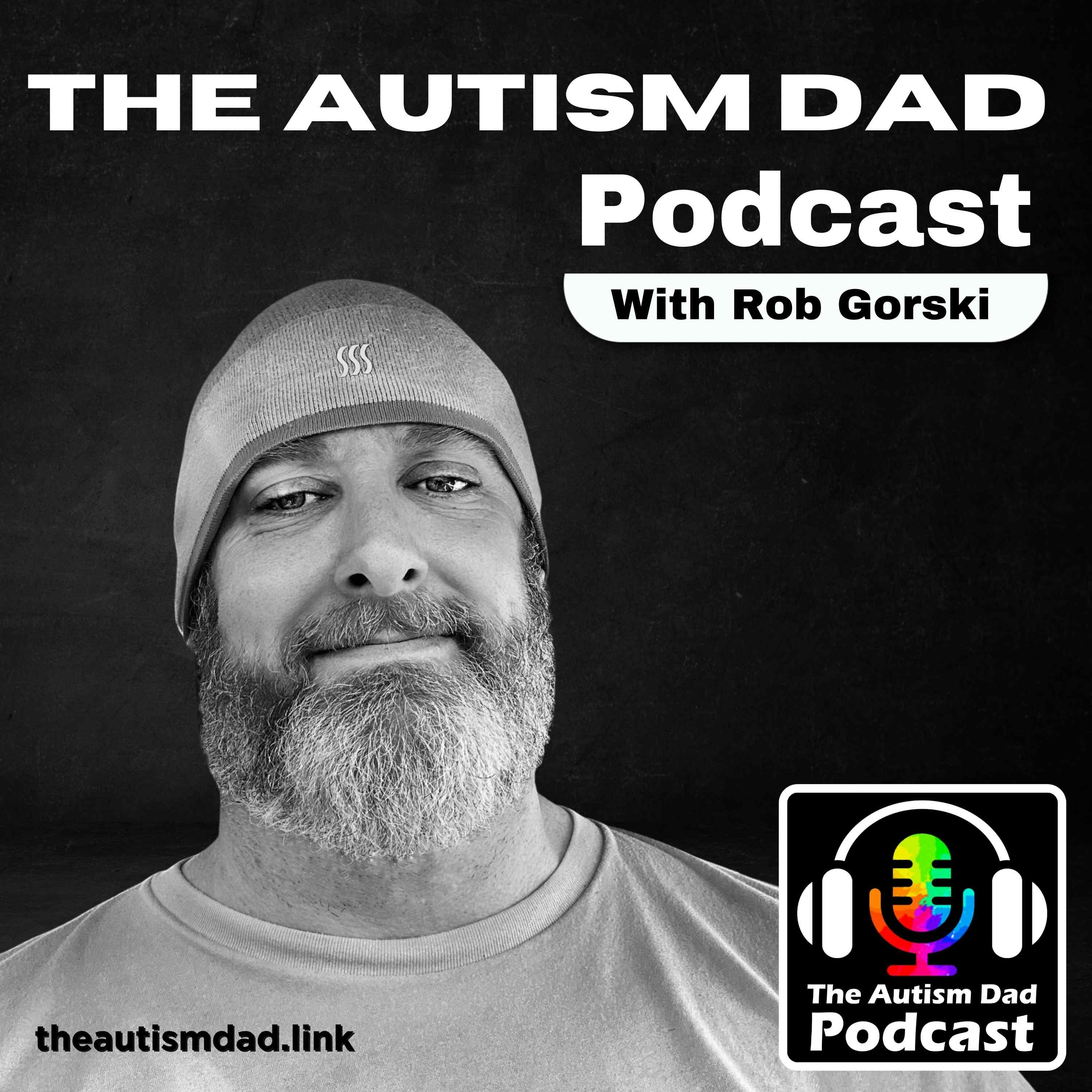
Therapod Podcast
The Therapod podcast is a valuable resource created by a team of experienced clinicians- Hosted by Banu Balaji, an experienced occupational therapist. Joining us as Co-host this season we have Georgie Cooney, dedicated teacher, author, and dyslexia specialist with years of experience supporting learners with Specific Learning Difficulties.
This podcast aims to provide accessible and practical information for parents, caregivers, and professionals working with children, especially those with additional needs. Banu and her seasoned colleagues share their insights on various topics such as sensory strategies, communication, neurodevelopmental assessments, and promoting both physical and mental health in children and adolescents. They bring their years of training and experience to the table in a way that makes it accessible and meaningful.
The emphasis is on the importance of parents providing timely support and help when needed and aim to reduce overwhelm and bring joy to parenting. The podcast delves into the evolving challenges of modern parenting, the impact of changing environments on children, the significance of play in learning and development, and the value of balancing structured activities with free play. Through their discussions, therapod highlights the importance of understanding individual needs, fostering positive relationships, and supporting children's growth and well-being in today's complex world.
Therapod Podcast
The Neurospicy Author
In this episode, we speak with Kel Menton, a writer and debut author. Kel shares their journey as a non-binary, neurodivergent person growing up in Ireland, recently receiving an autism diagnosis after years of self-reflection and working in autistic support settings. We discuss the impact of early literary influences like Enid Blyton, Judy Blume, and Jacqueline Wilson, the value of seeing local spaces reflected in fiction, and how COVID lockdowns helped them unmask and better understand their needs. Kel opens up about their difficult school experiences, their academic path through UCC, and how literature and storytelling became powerful tools for connection and self-expression. The conversation also explores the shortcomings of traditional autism assessments and the need to shift toward a strengths-based, socially informed understanding of neurodiversity.
4o
Podcasts we love
Check out these other fine podcasts recommended by us, not an algorithm.



